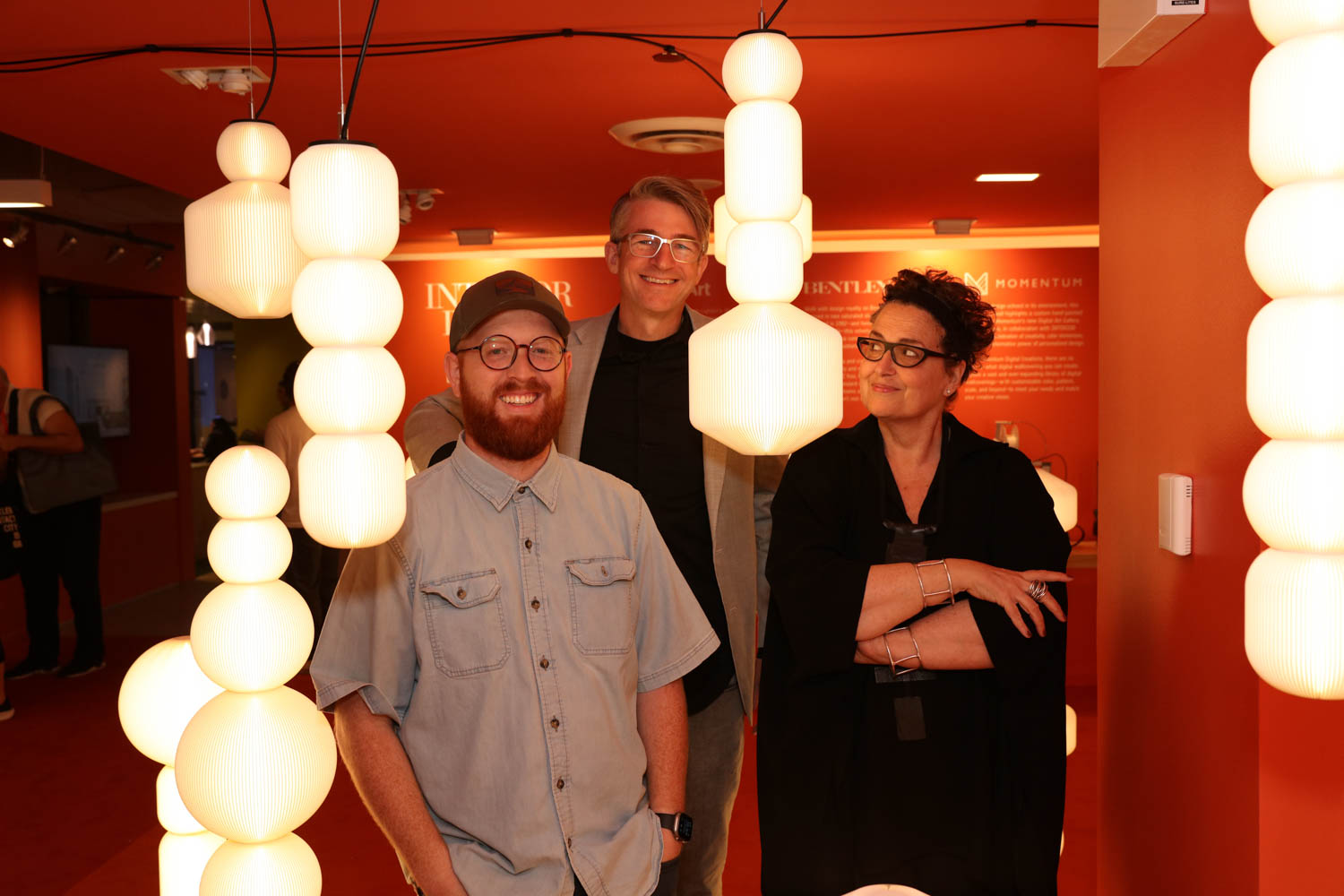Mohawk Builds on Commitment to Sustainability with New Living Products at NeoCon

The majority of designers and manufacturers recognize the need to incorporate sustainable practices into the way they do business, and many do a commendable job. But there are those who go above and beyond to embrace the strictest policies and accreditations because they know it is difficult but vital work.
At NeoCon, Mohawk Group demonstrated that they continue to be boundary pushers within the sustainability movement, debuting five new commercial flooring products that all achieved Living Product Challenge Petal certificates. Nutopia and Nutopia Matrix carpet plank, Sunweave broadloom and area rugs, and Pivot Point enhanced resilient tile are all Red List–free and satisfy almost all of the Living Product Challenge’s arduous qualifications.

“For designers who are looking for LEED, WELL or Living Building Challenge accreditation for their projects, these products are a great fit,” said Jackie Dettmar, Mohawk Group’s VP of design and product development. “Our Living Products meet the rigorous material health and environmental parameters of these ambitious programs while creating a positive impact on the environment and humankind.”
Mohawk’s commitment to environmentalism doesn’t stop once a designer has specified their product. As part of the Living Product Challenge, participants in the program are required to pay it forward by finding ways they can offset the impact of manufacturing products. Mohawk leaves a “handprint” instead of a footprint by giving back through innovations in materials, manufacturing and community involvement.

To offset the production of these innovative new products, Mohawk partnered with Virginia’s Hampton University to install 152 low-flow showerheads, which equate to an annual water savings of approximately 4 million gallons. Mohawk also partnered with Groundswell to install 10 smartflower™ solar systems at community centers and schools with STEM programs across the U.S. Finally, the company makes monetary donations to the Trust for Public Land.

“It’s not always easy to do the right thing,” Dettmar says. “We started this journey three to four years ago and our goal was to find the most holistic way of being good stewards of the Earth. I’m proud of the work that we’ve done through adhering to these tough but important qualifications.”


